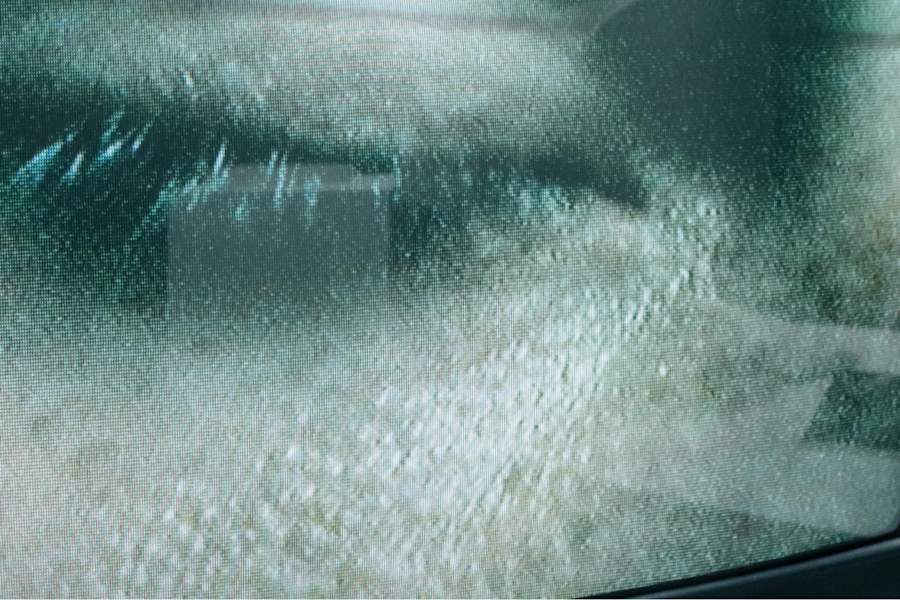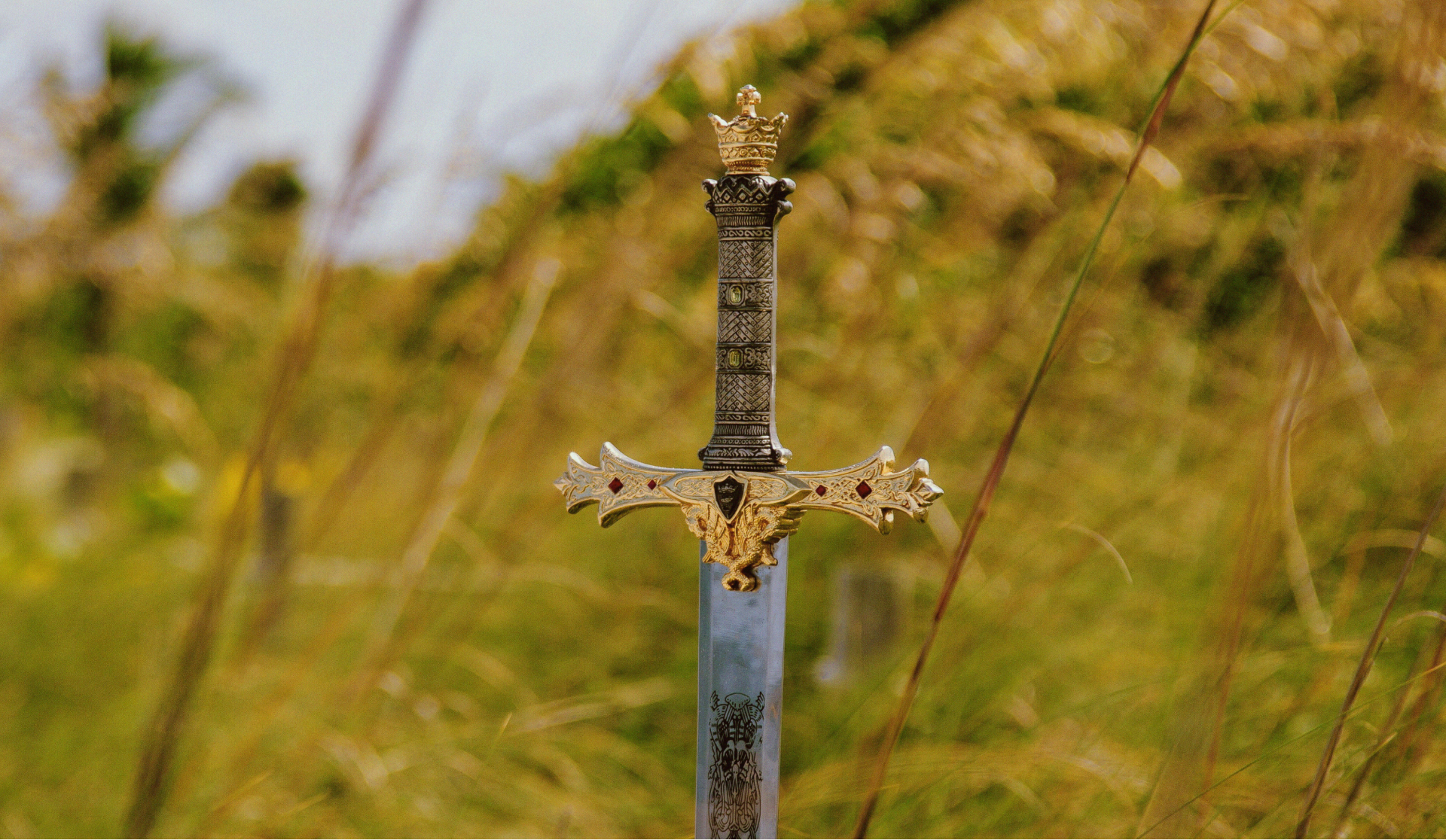

When your eyes get tired of reading through the literary canon, Luna Adler suggests turning to romantasy.
This past summer, I developed a problem. Two years after completing my MFA in fiction, I couldn’t finish any of the books I normally adored: dreary short stories, dreary literary fiction, droll memoirs by humor writers who wrote to escape the inescapable dreariness of their souls. Every plot I turned to felt heavy-handed, its characters overly self-conscious, the sentences either too aesthetically similar or pointedly varied. Read me, praise me, validate me. Every paragraph read like a cry for help.
“I’m having an issue,” I told a musician-friend over marionberry ice cream. It was his birthday and his diaperless one-year-old was trying to stick his fingers between the rungs of a box fan. “Books have been ruined for me.” A few years back, I’d stopped attending literary readings, turned off by what I perceived as a permeating desire to create a work so brilliant and inscrutable that it would place the author on a pedestal above their readers and envious peers. Now, I was depressed by how my jadedness had leaked into the inert stacks of paper I used to worship. “They’re all trying so hard.”
Defeated by the fan, the baby turned over my half-drunk LaCroix and peed on the floor.
My friend, who has won Grammys and played Carnegie Hall, began mopping up the baby pee. He admitted that he had developed a similar problem in 2022. All live music rang out with the same refrain: I want to be rich and famous, I want to be rich and famous.
I asked him how he cured himself and found his way back to music again.
He threw the paper towels in the trash and the baby immediately started to pee again. “I moved to Europe.”
I considered relocating to the quaint Italian town my grandmother’s family hails from. Its population is 3,000, Matthew the Apostle is its patron saint, and there’s a bust of a deceased fascist senator who I am, allegedly, distantly related to, blasted into the side of our ancestral home. I could be happy there, I thought. Couldn’t I?
I was pulled from my European reverie by a text from a different friend who knew about my literary ennui. “Have you read Fourth Wing?” It was the initial installment of Rebecca Yarros’ Empyrean series, a string of fantastical books about a centuries-long war between two kingdoms: Navarro (home to dragons) and Poromiel (home to griffins). “This book will change your life.”
“Sure,” I said.
“It will.”
“I’ll get it from the library,” I lied.
“Don’t lie to me,” she said.
The next day, a shiny, gold, 500-page hardcover arrived on my doorstep. I had never attempted to read a book officially blurbed as having the “BEST DRAGONS EVER”… but I decided to be brave.
So, instead of fleeing to Europe, I went to Basgiath War College, where aspiring dragon riders learn how to wield magic. It’s Game of Thrones (dragons, sex) meets Harry Potter (underdog, boarding school), except not helmed by a writer who dreamed up a magical hat designed to help children find their chosen family, only to then become an outspoken TERF.
I cracked open Fourth Wing after midnight, intending to read the initial chapter. But I soon found that I couldn’t stop. Sure, the writing was adjective-heavy, slightly dramatic. But it didn’t get in the way of the plot. And, boy, did the plot move.
So I stayed up. I canceled plans. I fell behind on Ezra Klein. And all so that I could root for Violet Sorrengail, the tiny, brainy, scrappy heroine, who had planned to live the quiet life of a scribe but was forced by her militant mother to enroll in dragon college, which boasts a 70% fatality rate. I read with bated breath as Violet bonds with her dragon, only to discover that he’s romantically linked to the dragon of her super hot familial nemesis, Xaden Riorson. When the dragons are horny, their humans are flooded by an all-encompassing, dragon-spurred lust that makes them want each other even more than they already do.
The Empyrean series has been categorized as “romantasy”—a rapidly growing genre that was projected to rake in $610 million by the end of 2024—and I can’t disagree. The scenes are hot. Literally. Before Violet hones her lightning-wielding superpower, she accidentally sets objects in her immediate vicinity ablaze whenever she’s turned on. She kisses Xaden and unwittingly lets loose an errant lightning bolt. They consummate their courtship and her bedroom curtains erupt in flames. Afterward, water wielders are summoned to douse the forest fire raging outside her window.
Halfway through the book, I texted someone I’ve been seeing, asking if he’d roleplay dragon romance with me.
There was a lengthy “…” and then, finally: “I’m sorry, who is this?”
Foiled but not defeated, I biked to his apartment and relayed the entire story as he showered, ate a burrito, and packed for Burning Man. I’d previously been jealous of his plans. Now, I was grateful that I hadn’t wasted $5,000 on the promise of lifelong community and spiritual ecstasy when I could just read about Xaden fucking Violet with his tongue atop the throne of Tyrrendor.
My paramour eventually left for the airport, but not before politely offering to resume where we had left off upon his return. “So much will have happened by then that it will be impossible to catch you up,” I huffed. “But I’ll try if it’s really important to you.”
I closed Fourth Wing the following day. Having consumed 500 pages in 36 hours, I promised myself I would wait at least a week before buying Iron Flame, the 650-page sequel. I had things to do! Work to catch up on! Human relationships to maintain!
I finished Iron Flame two days later.
It was then that I was met with an unwelcome surprise: The third installment of the five-book series would not debut until January 21, 2025. Did I immediately preorder it and block out the following week on my calendar? Of course. But that didn’t lessen the sting of having to wait four long, non-magical months to return to Navarro.
The rest of the Empyrean hive has been equally restless. They’ve written fan fiction. They’ve dominated Reddit forums. They’ve debated whether Violet and Xaden, who fans have nicknamed “Xaddy,” will be “endgame.”
I’d like to pretend that I’d appreciate a realistic climax, where Violet and Shadow Daddy don’t end up together, much like 50% of marriages in the United States. But, in truth, I want to see the scribe-turned-dragon rider end up with a man who possesses gold-flecked onyx eyes, whose body resembles “a work of art, honed to lethal perfection,” and who has overcome his traumatic childhood to be ruthless in combat but—like any good 21st-century hetero male lead—generous in the bedroom.
After my return from Navarro, I found that my renewed enthusiasm for reading was not limited to the Empyrean series. I tore through book after book, sampling a variety of genres, and remembering why I had always wanted to be a writer. Sure, my highbrow favorites enhanced my understanding of humanity and mirrored the bizarre beauty of the world. But when I was a tween suffering from separation anxiety, The Princess Diaries quelled my worry. And when I was struggling with disordered eating in high school, the debauched world of Gossip Girl allowed me to escape my body for small pockets of time. When I’d been heartbroken, lost, or grieving, a stream of lowbrow audiobooks carried me through. I’ve never aspired to write a story that would defy fan fiction or coronate me as a literary genius. But I have always wanted to create something entertaining and transportive enough that it could serve as a potential lifeline for somebody, somewhere. Apparently, all I needed was a small dose of dragon smut to reorient myself.
Two weeks after my musician-friend’s birthday, I texted to say that I had fixed my reading problem. Parents of one-year-olds won’t be surprised to learn that he was running on “minus 37 hours of sleep” and had no recollection of our previous conversation. I reminded him he had moved to Europe to escape art-related social climbing. His memory jogged, he said that, while in the Old World, he had remembered that music was more powerful than misguided ambition.
Now that he was living in New York again, did he continue to hear the refrain I want to be rich and famous whenever he listened to live music?
“I still hear it,” he said. “But I don’t hate it anymore.”
Related Articles


Take off your jacket: The erotics of books
Past the talking stage is the reading stage. Ed Luker looks between the lines to find out what makes sharing words with new and old lovers so titillating.

Are you my daddy?
A brief history of the literary daddy and age-gap relationships.